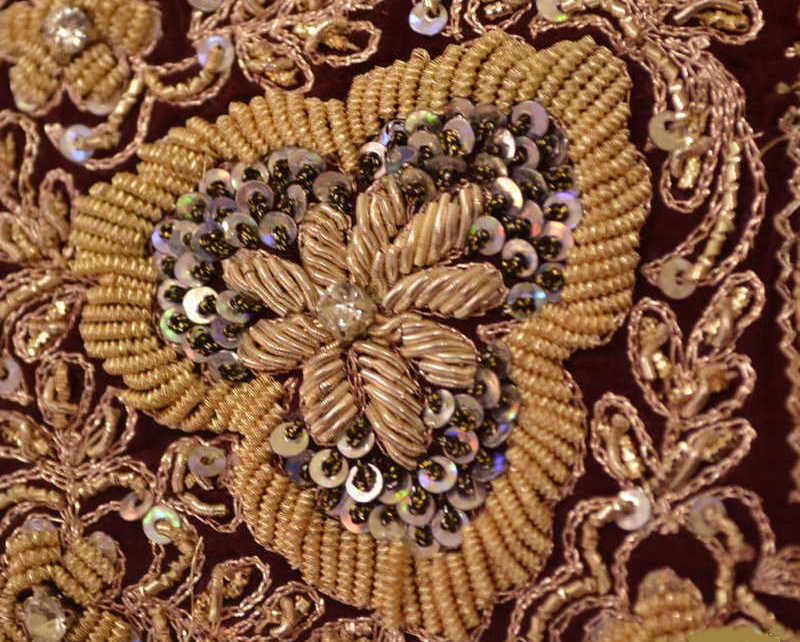===
0546,
1
===

=== |
 |
zindīq : 'A magian, fire-worshipper; —one of a bad religion, an infidel, atheist'. (Platts p.618)
qashqah : 'The sectarial mark made by the Hindus on the forehead with sandal, &c.'. (Platts p.791)
zunnār : 'Waist-cord, belt (particularly a cord worn round the middle by the Eastern Christians and Jews, and also by the Persian Magi); the Brahmanical or sacred thread'. (Platts p.618)
FWP:
SETS
MOTIFS == RELIGIONS
NAMES
TERMS == PEN-NAME; RHYMEThis ghazal is unusual in that the pen-name occurs in the opening-verse, and not in the closing-verse at all. As far as I'm aware, that's just a happenstance or casual choice by the poet; it doesn't seem to have any larger significance.
The nature of the 'infidel' that Mir-ji has become, is intriguingly contradictory. By calling him a zindīq the first line strongly suggests a Zoroastrian ( zindīq is related to the 'zend' in Zend Avesta). But by speaking of a qashqah , the second line seems to mark him indisputably as a Hindu. Then the zunnār can go either way (see the definitions above). Perhaps the sarcastic tone of 'You're a fine zindiq!'-- which SRF particularly notes-- could be taken to refer to these seemingly mixed-up borrowings from other religions.
For a verse that creates an unambiguously Hindu kind of infidel, see
{1851,1}.
Note for grammar fans: Nowadays, in actual pronunciation ban and pahan do not rhyme, although in theory they should. Were things different in Mir's day? Or did he just feel entitled to force them into the rhyme they had in theory (though not in practice)? For discussion see my Urdu script notes, section 8.2. For another such case, see {552,5}.
Note for translation fans: How in the world to capture ban baiṭhe and pahan baiṭhe ? It really can't be done. You can see how I've flailed around, without much success.